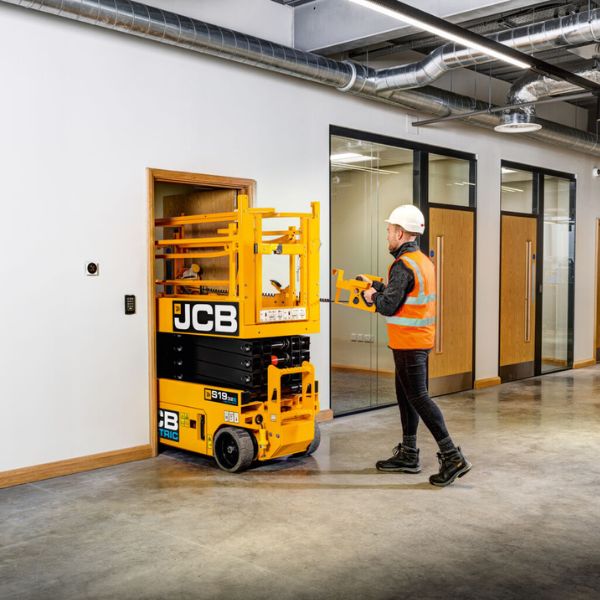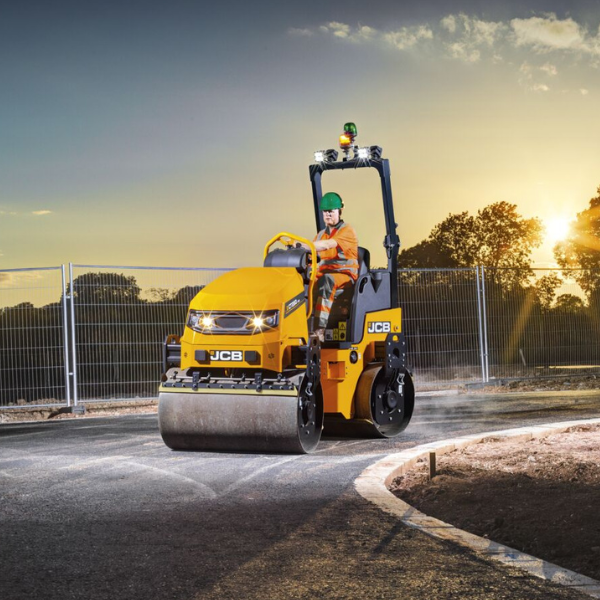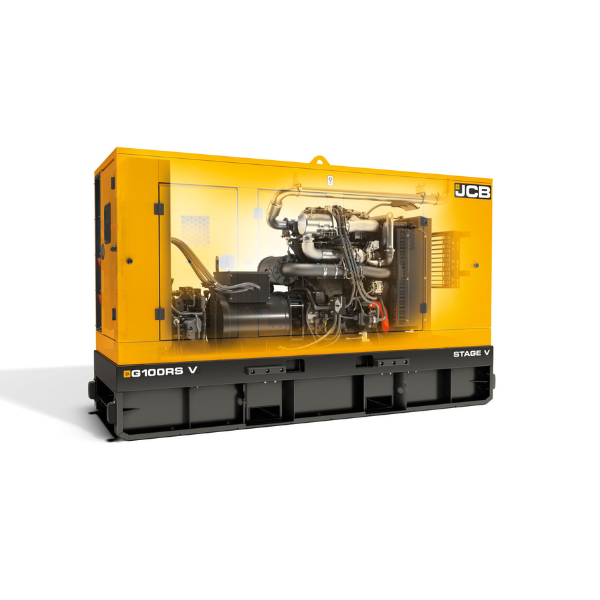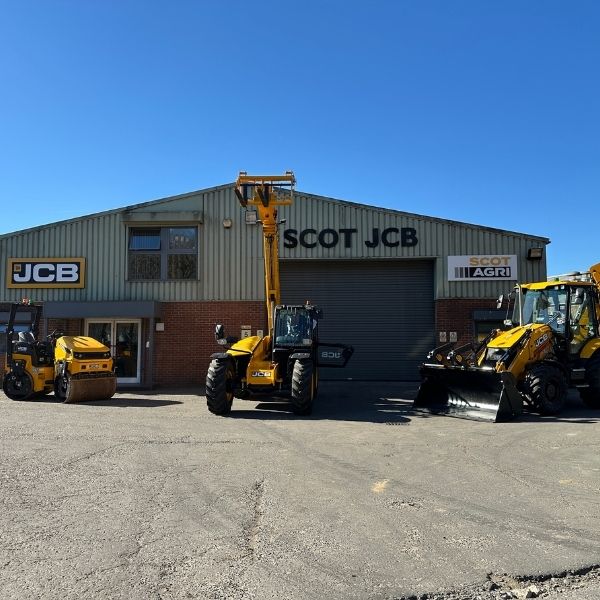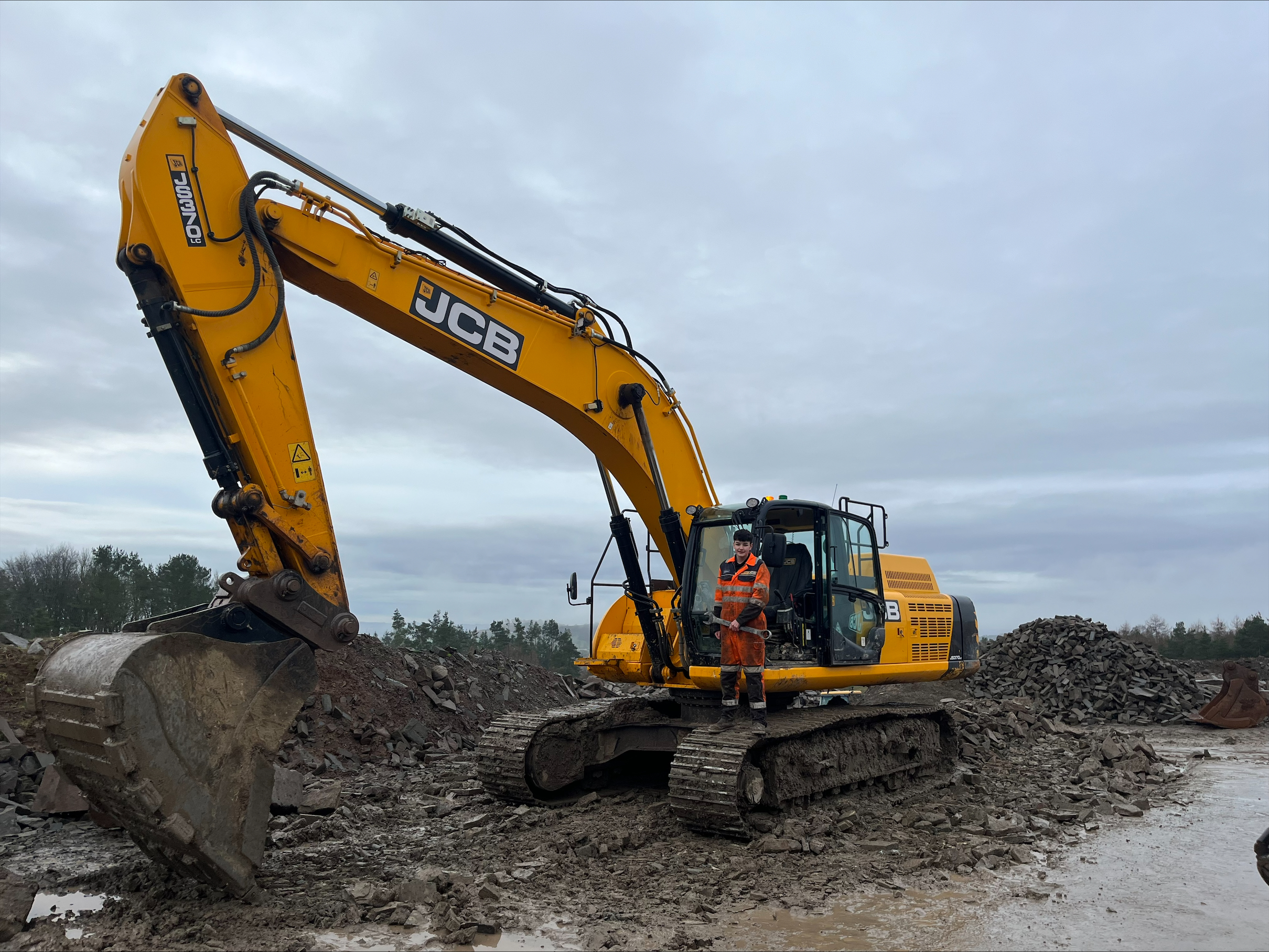Health & Safety Advice for Construction Start-Ups
If you’re moving from working for someone else to starting up your own small construction business, health and safety regulations can be a minefield.
Aside from educating yourself about legislations, you need to be on the ball when it comes to managing risks in the work place and knowing what steps you need to take if an accident occurs. A good place to start is to familiarise yourself with your responsibilities as an employer as set out in the Health and Safety at Work etc Act 1974.
YOU Are Responsible
If you are the managing director or proprietor of a company, it’s important to fully acknowledge that the health and safety of your employees and every other aspect of the business is your responsibility, no matter how small your company might be. If you’re used to the small print being someone else’s responsibility, then when setting up your own business a change in your mind set might be required. If an accident occurs and it was caused by the conditions that your staff were working in, then it could be detrimental to your business should they choose to take legal action.
Risk Assessment
As an employer you are legally required to carry out a risk assessment in the place of work in order to identify any potential hazards to health and safety. As you’re probably aware, you’ll need to get an expert in to perform the assessment, and if you employ five or more people you’re required to keep a record of the results and how you plan to take action to rectify any identified hazards. For more information, take a look at this article outlining how to carry out a risk assessment.
Health and Safety Policy
If your business employs five or more employees (including owners or partners), then you’re legally required to have a formal written health and safety policy. The policy should document who is responsible for what as well as detailing how your business implements and manages aspects of health and safety to create a safe working environment. This should follow your risk assessment and be checked out by a professional to ensure it meets legal standards.
Insurance
Having the right insurance is crucial, and it’s something that goes hand in hand with health and safety regulations. Should an accident occur in your workplace, it’s important that you have employer’s liability insurance. It’s a legal requirement and covers you for the cost of legal fees and damages obtained if someone is injured through the fault of their employer. If you’re using heavy machinery such as Scot JCB Mini Diggers, then this could be a very real reality for you and your business at some point, so making sure you take out the right insurance policy should be a top priority.
Keep your Employees Updated
If you make any changes to equipment or general procedures, it’s important to keep your employees up to date as things like this could potentially affect their health and safety in the workplace. How you do this is up to you, but sending out a company email is a good idea as that way they’ll always have a record of it. You should also plan health and safety training at various intervals throughout a year to ensure everyone is aware of the necessary procedures.
